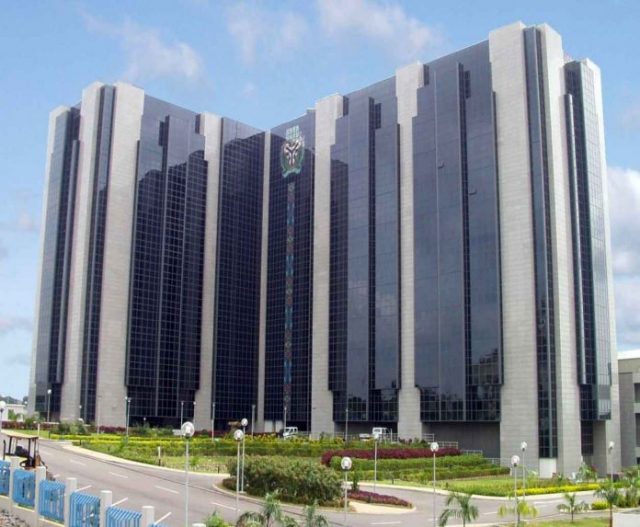Inflation Attitudes Survey released by the Central Bank of Nigeria (CBN) has shown the impact of a rise in interest rates in the short and medium terms would have on prices.
The report showed that 37.3 per cent of the respondents in the survey thought a rise in interest rates would make prices in the street rise slowly in the short term, as against 9.6 per cent that disagreed.
While in the medium term, 35.4 per cent agreed that a rise in interest rates would make prices in the street rise slowly, 11.5 per cent disagreed.
Respondents were asked to choose between raising interest rates in order to keep inflation down, and keeping interest rates down to allow prices to rise. Responding, 19.0 per cent preferred interest rates to rise in order to keep inflation down while 38.1 per cent said they would prefer prices to rise faster, 42.9 per cent of the respondent had no idea.
These responses suggest that given a trade- off, more of the respondents would prefer higher interest rates to higher inflation, which is suggestive of the respondent households’ support for the Bank’s price stability objective.
To assess whether people are aware of the way monetary policy works in Nigeria, respondents were asked if they knew which group of people meet to set Nigeria’s monetary policy rate. Responding, 21.7 per cent felt it was the Monetary Policy Committee, 8.4 per cent felt it was the Federal Ministry of Finance, 29.9 per cent believed it was the Government, 3.3 per cent felt it was the National Assembly, while 0.9 and 35.8 per cent answered, ‘others’ and ‘do not know’, respectively.
When asked to identify which group mostly influences the direction of interest rates, the result indicated that 39.9 per cent of the respondents were aware that the Central Bank of Nigeria influences the direction of interest rates. However, 8.6 per cent stated that it was the Government ministers, 4.1 and 13.1 per cent were of the opinion that civil servants and banks influence the rates, respectively. Majority of the respondents (34.3 per cent) had no idea.
On what best describes the Monetary Policy Committee, 27.8 per cent felt it was influenced by the Government, 10.4 per cent felt it was the federal ministry of finance, and 6.6 per cent believed that it was the national assembly, while 14.6 per cent thought it was not influenced by any arm of government and 40.6 percent had no idea.
Respondents were asked how satisfied they were with the CBN’s management of interest rates in Nigeria. The net satisfaction index, which is the proportion satisfied less the proportion dissatisfied, stood at 2.5 per cent. Among the satisfied group, 4.0 per cent were ‘very satisfied’, while 21.9 per cent were ‘fairly satisfied’. However, 18.1 per cent were ‘neither satisfied nor dissatisfied’ whereas 12.6 per cent were ‘very dissatisfied’. Those who had no opinion accounted for 32.6 per cent of the respondents.



